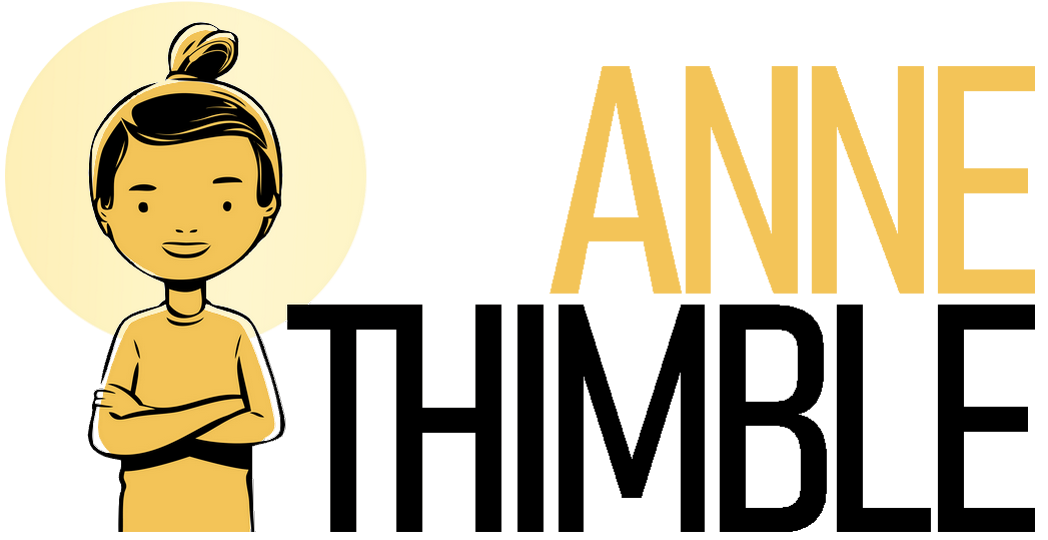Lenders give unsecured loans to borrowers without requiring collateral. Research indicates there is a growing demand for unsecured loans, which is fueled partly by the financial technology industry.
Instead of pledging your house or car, you qualify for these loans based on your credit history. You, however, must provide the lender with evidence of income to assure them you can repay the loan. Due to the high risks involved when issuing unsecured loans, the interest rates tend to be higher.
Below are six types of unsecured loans:
Type #1: Revolving Loans

This type of unsecured loans is also referred to as the evergreen loan, this is a form of a credit issued by a financial institution. It offers the borrower provisions such as the ability to withdraw, repay, and withdraw again, hence the name revolving.
Revolving loans are ideal for seasonal companies or businesses that experience fluctuations in sales. Some of the benefits of taking up this type of loan include the fact that funds are readily available while interest rates are lower compared to credit card loans. If you go for the traditional loan, however, you will enjoy lower interest rates and higher credit limits.
Type #2: Unsecured Personal Loans

There are many reasons you would want to take up a personal loan. Perhaps you want to pay for a wedding, take a vacation, or consolidate debt. Whatever your intention, with an unsecured personal loan, you do not need collateral. So, you do not have to put up your home or car to get a loan.
How do lenders determine who qualifies for a personal loan? Well, they scrutinize your credit score. Lenders tend to give personal loans to people with high credit scores.
Perhaps your credit score is not that good, but not too shabby either. In this case, you might still qualify for an unsecured personal loan. However, the interest rates are likely to be higher than those charged to borrowers with good credit. So, shop around for a lender with interest rates that you can afford to avoid sinking further into debt.
Type #3: Payday Loans

These are short-term, unsecured loans that fetch higher interest rates based on the borrower’s income and credit score. While their interest rates are high, they come in handy when all other options fail.
A payday loan can get you out of a tough spot. They are typically due to be repaid by your next payday. You repay a payday loan by writing a postdated cheque authorizing the lender to make automatic deductions of the amount borrowed plus interest from your bank account. As long as there’s money in your account when the payment falls due, a payday loan is an ideal solution on a rainy day.
Type #4: Term Loans

Issued by banks, term loans have a clearly outlined repayment schedule. They attract either a fixed or floating interest rate. Term loans are ideal for small businesses seeking to purchase fixed assets such as operating equipment. You can also get a term loan to cover daily operational expenses or boost cash flow.
There are three types of term loans, usually determined by the repayment period. First, there are short-term loans that must be settled within 18 months. Second, banks offer intermediate-term loans, which run for between one and three years. Finally, there are long-term loans whose repayment can stretch for up to 25 years.
A long-term loan is not for a struggling small business. To qualify, a business must demonstrate a history of financial stability that spans not less than two years.
Type #5: Credit Card Loans

This is commonly known as a credit card debt. You take on this loan every time you use your credit card. As it is with most credit card loans, no collateral is needed. You do not need to worry about the lender coming for your house or car in case you default or are unable to repay the loan.
The lender checks your credit score to determine whether or not to lend you money, and how much. If you have bad credit, you may still get access to a credit loan, but you may have to provide collateral.
A credit card gives you financial freedom. You can use it at anytime and anywhere. Nonetheless, carefully examine the pros and cons of a credit card loan to avoid digging yourself into holes you probably can’t get out of.
Type #6: Student Loans

Most students do not have qualifying collateral to access traditional loans. Luckily for them, there are unsecured student loans they can apply for.
You do not need collateral or a cosigner to apply for an unsecured student loan. Of course, this does not mean you should take the repayments lightly since failure to settle the loan could attract legal action.
Before applying for a loan, carefully examine the borrowing and repayment terms. Shop around for lenders with favorable terms and conditions.




